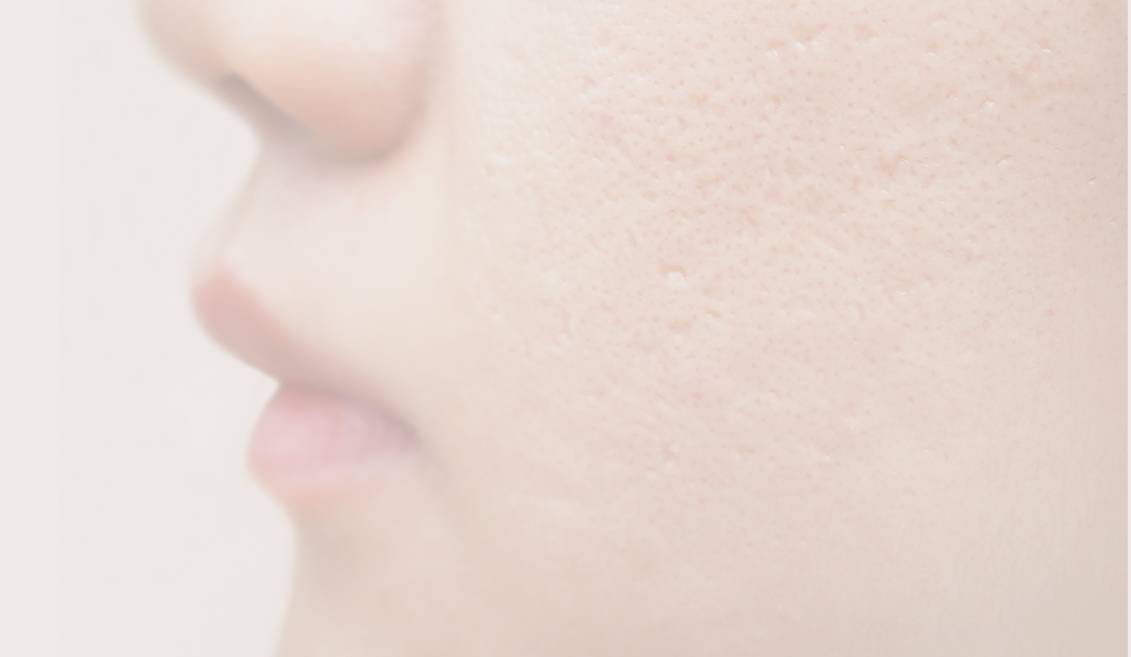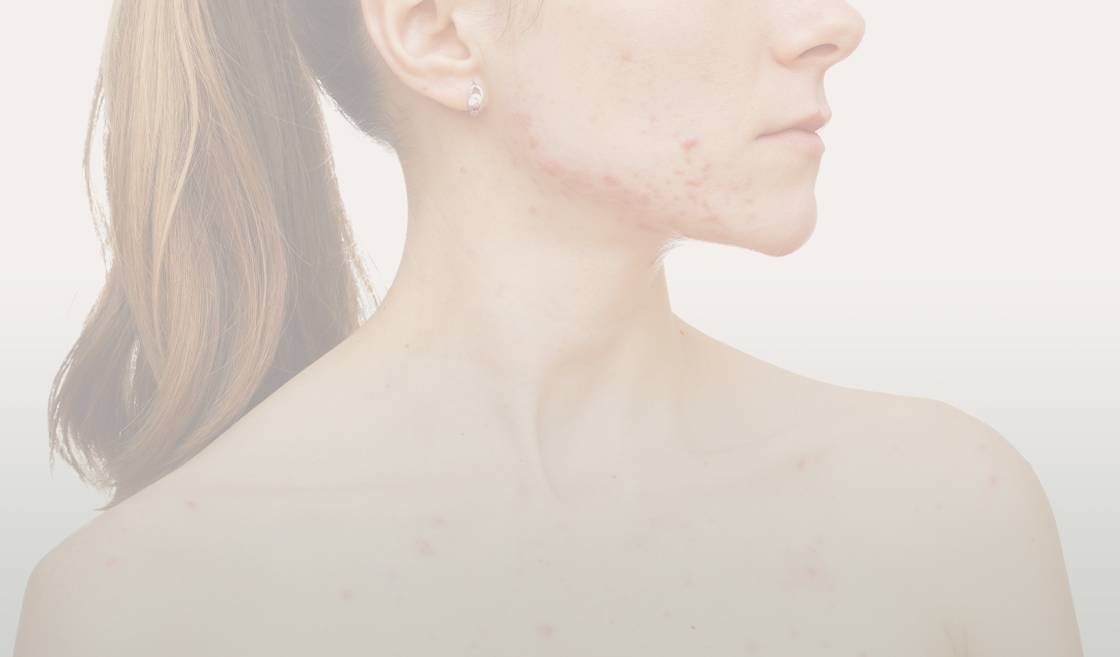Types of Acne Scars
How Acne Scars Form
After an acne breakout, the body activates its healing process in order to replace lost skin tissue that has been damaged. However, this process isn’t always perfect, and scarring occurs when the body produces either too much or too little of this tissue, resulting in raised or depressed scars respectively.
Types of Acne Scar

01
Boxcar Scars (Atrophic)
The most common form of acne scar, boxcar scars look like a round or oval depression or crater in the skin, usually found on the jaw and lower cheek where skin is thicker.

02
Ice Pick Scars (Atrophic)
Usually a result of severe acne, ice pick scars are particularly deep and narrow, making it harder than other types of acne scars to treat – though it is still possible to reduce its appearance.

03
Rolling Scars (Atrophic)
This type of acne scar has a wavy and sloping appearance and is usually caused by long-term acne. It also tends to worsen over time, if left untreated.

04
Hypertrophic Scars
Unlike atrophic scars, hypertrophic scars are raised and lumpy as scar tissue builds up excessively. Hypertrophic scars are the same size as the acne that caused them.


05
Keloids
Keloids are also raised and lumpy scars. However, they are bigger than the original acne that caused them. They tend to be more common in darker-skinned individuals.
Acne Scars vs. Acne Marks
Sometimes, you may notice dark marks after an acne outbreak. Those are technically not scars, but rather, hyperpigmentation. This occurs more often in those who picked or squeezed at their acne, or who had particularly inflamed cases of acne, but is entirely treatable and in many cases even improve over time.
Identifying the Type of Acne Scar
Under the care of a dermatologist, your specific type and severity of acne scar will be accurately determined, so that appropriate further action can be taken.
Dr Cheong Lai Leng
Consultant Dermatologist
MBBS (Singapore), M.Med (Internal Medicine)
MRCP (UK), FAMS (Dermatology)
Corr. Fellow, American Society for Dermatologic Surgery
An experienced dermatologist of over 20 years, Dr Cheong obtained her specialist dermatological training in Singapore and embarked on her subspecialty training in dermatological surgery in the United States. Dr Cheong has a special interest in cosmetic dermatology, particularly acne scar treatment through safe and effective means, including laser therapy. Dr Cheong has also lectured extensively at medical conferences and public forums on various facial rejuvenation techniques.
Dr Cheong Lai Leng
Consultant Dermatologist
MBBS (Singapore), M.Med (Internal Medicine)
MRCP (UK), FAMS (Dermatology)
Corr. Fellow, American Society for Dermatologic Surgery
An experienced dermatologist of over 20 years, Dr Cheong obtained her specialist dermatological training in Singapore and embarked on her subspecialty training in dermatological surgery in the United States. Dr Cheong has a special interest in cosmetic dermatology, particularly acne scar treatment through safe and effective means, including laser therapy. Dr Cheong has also lectured extensively at medical conferences and public forums on various facial rejuvenation techniques.
LL Cheong Skin & Laser Clinic provides a wide range of acne scar removal treatments specially customised to each individual’s needs.
Let us help you regain a smooth and radiant complexion today.
Mount Elizabeth Medical Centre
Singapore 228510
Opening Hours:
Wed & Sat : 9am - 1pm
Closed on Sun & Public Holiday